Social
conservatives are growing more wary of church involvement in
politics, joining moderates and liberals in their unease
about blurring the lines between pulpit and ballot
box, a new study found.
Fifty percent of
conservatives think churches and other places of worship
should stay out of social and political matters, up from 30%
four years ago, according to a survey released
Thursday by the Pew Forum on Religion and Public Life
and the Pew Research Center for the People and the Press.
That significant
shift in conservative thought has brought the country to
a tipping point on the question: A slim majority of
Americans -- 52% -- now think churches should keep out
of politics.
That's an
eight-percentage-point increase over 2004 and the first time
a majority of Americans has held that opinion since
Pew officials started asking the question 12 years
ago.
On this question,
the gap between conservatives and liberals is
narrowing: Just four years ago liberals were twice as likely
as conservatives to say churches should stay out of
politics. Now 50% of conservatives and 57% of liberals
think that. Four years ago 62% of liberals opposed
church involvement in politics. Democrats and
Republicans are about even on the question as well.
The survey also
found largely unchanged attitudes along religious lines
on the presidential choices compared with 2004, despite
Democrat Barack Obama's strong play for religious
voters and Republican John McCain's hesitancy to talk
about his own faith and problems connecting with his
party's evangelical base.
McCain leads
Obama 68% to 24% among white evangelical Protestants,
comparable to what President Bush was polling four years
ago. But the support is tepid: Just 28% of white
evangelicals call themselves "strong" supporters of
McCain, well short of Bush's 57% in 2004.
Changing
attitudes about mixing church and politics could emerge as a
factor in the fall campaign -- particularly for McCain. Both
campaigns are plotting get-out-the-vote efforts in
faith communities, but past Republican successes came
when attitudes were more welcoming.
The attitude
shift cut across conservative constituencies: 46% of
Republican Protestants want churches out of politics, up
from 28% in 2004. Thirty-six percent of white
evangelical Republicans hold that view, up from 20%
four years ago.
The question
asked specifically about places of worship, which by law
cannot take stands for or against candidates or political
parties but may speak out on issues. So the public
might hold different views about political stances
taken by religious leaders speaking as individuals or
religious advocacy groups.
The findings come
after a midterm election in 2006 that saw Democrats
seize control of Congress and a landmark court ruling
this year legalizing gay marriage in California, and
also amid an identity crisis among conservative
evangelicals about which issues should take priority
and who speaks for the movement.
Among the groups
that shifted strongly away from wanting to see churches
involved in politics: Americans who are less educated, those
who believe gay marriage is a very important issue,
and those who think the two major parties are
unfriendly to religion.
"To my mind, that
spells frustration," said Andrew Kohut, president of
the Pew Research Center. "But by the same token, we know
these very same people are not interested in less
religiosity in the political discourse. They almost
universally want a religious person as president.
"It's not that
they want to take religion out of politics, it's that
their frustrations with the way things seem to be going are
leading them to say, 'Well, maybe churches should back
off on this.'"
The survey
confirmed that white non-Hispanic Catholics, who make up
about 18% of the electorate, are shaping up to be a
big swing vote this fall: 45% support McCain, while
44% back Obama. Democrat John Kerry, a Catholic, was
doing better at this juncture in 2004, winning 50 percent
of those Catholics.
Asked which
candidate "shares my values," 47% of all respondents
replied Obama and 39% said McCain. White evangelicals favor
McCain on that question, the religiously nonaffiliated
leaned toward Obama, while white non-Hispanic
Catholics and mainline Protestants were split.
Democrats have
made inroads in closing the so-called God gap, at least by
one measure: 38% of respondents said the party is "friendly
toward religion," up from 26% two years ago. Even so,
considerably more people -- 52% -- viewed the
Republican Party as religion-friendly. (AP)














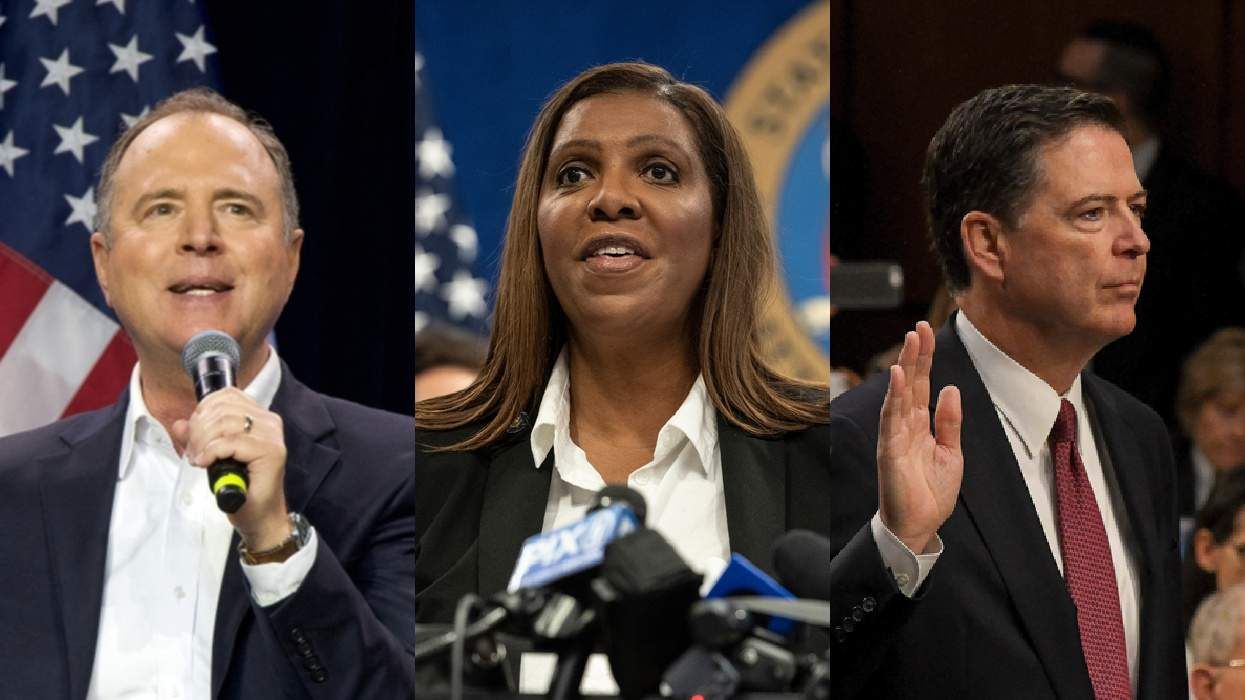

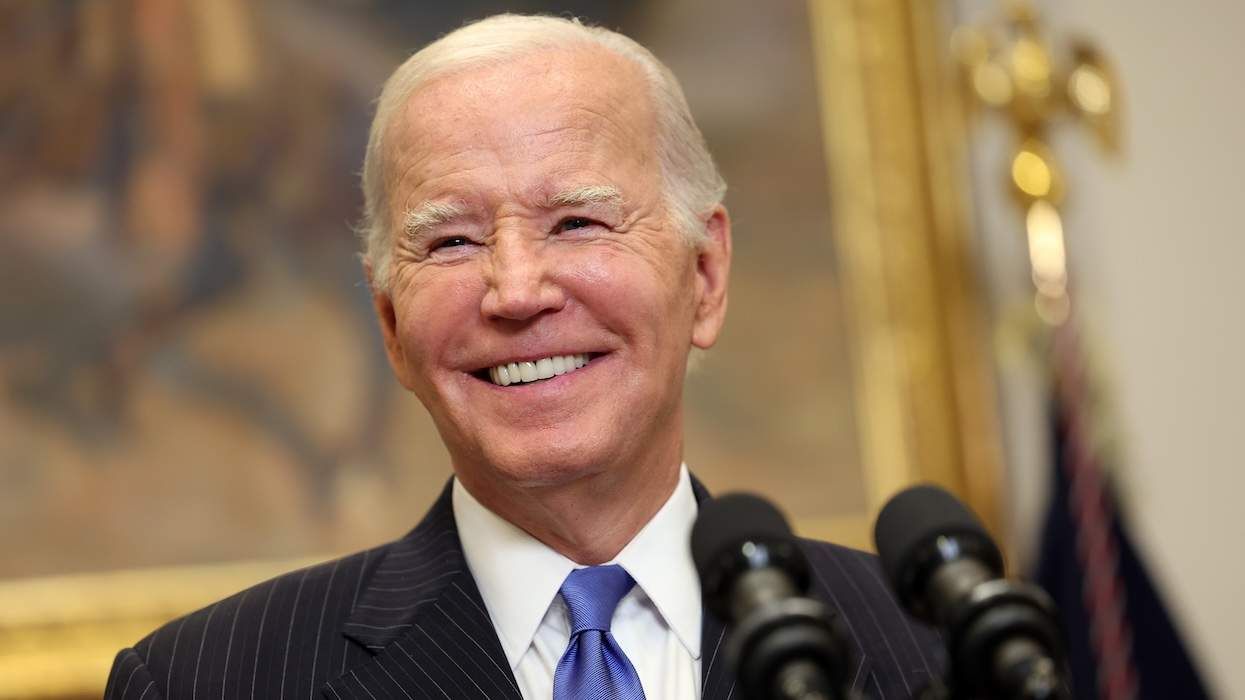
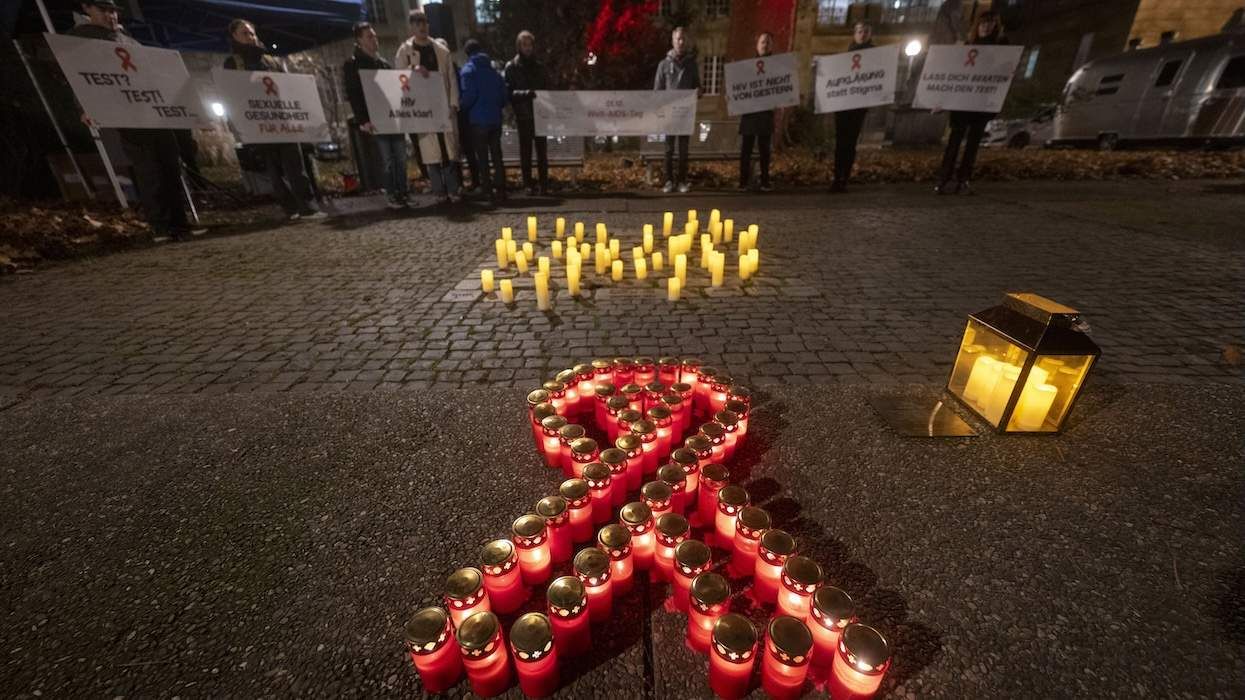


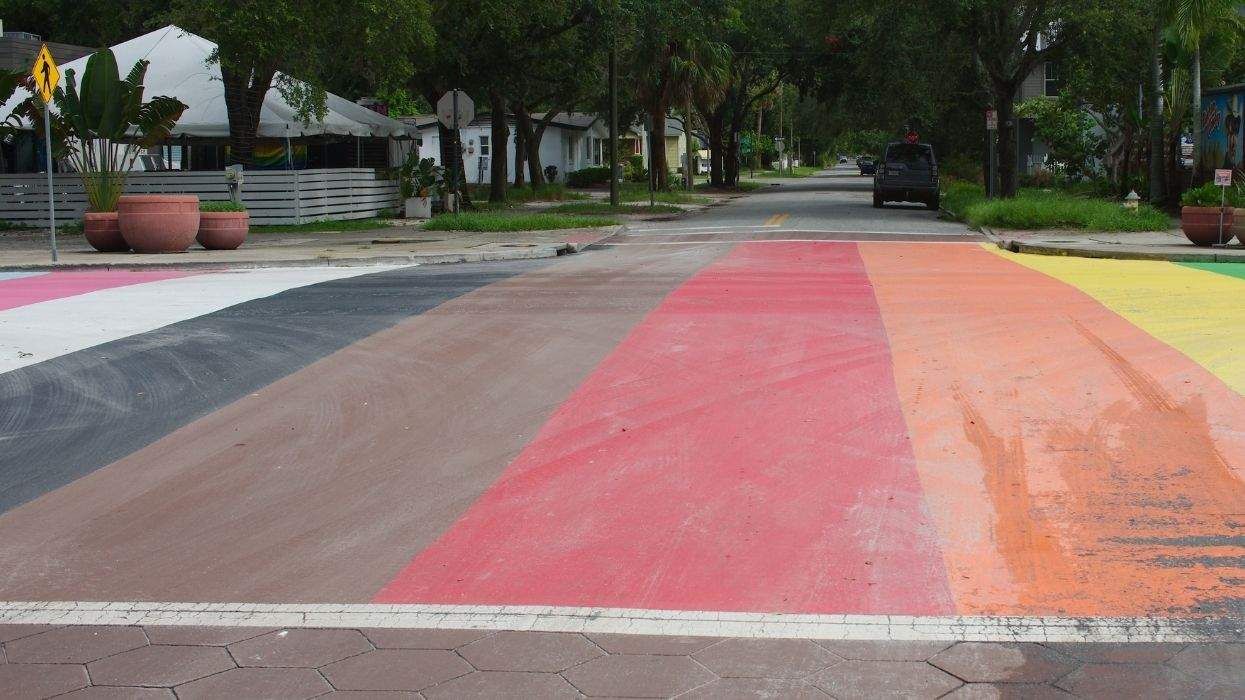
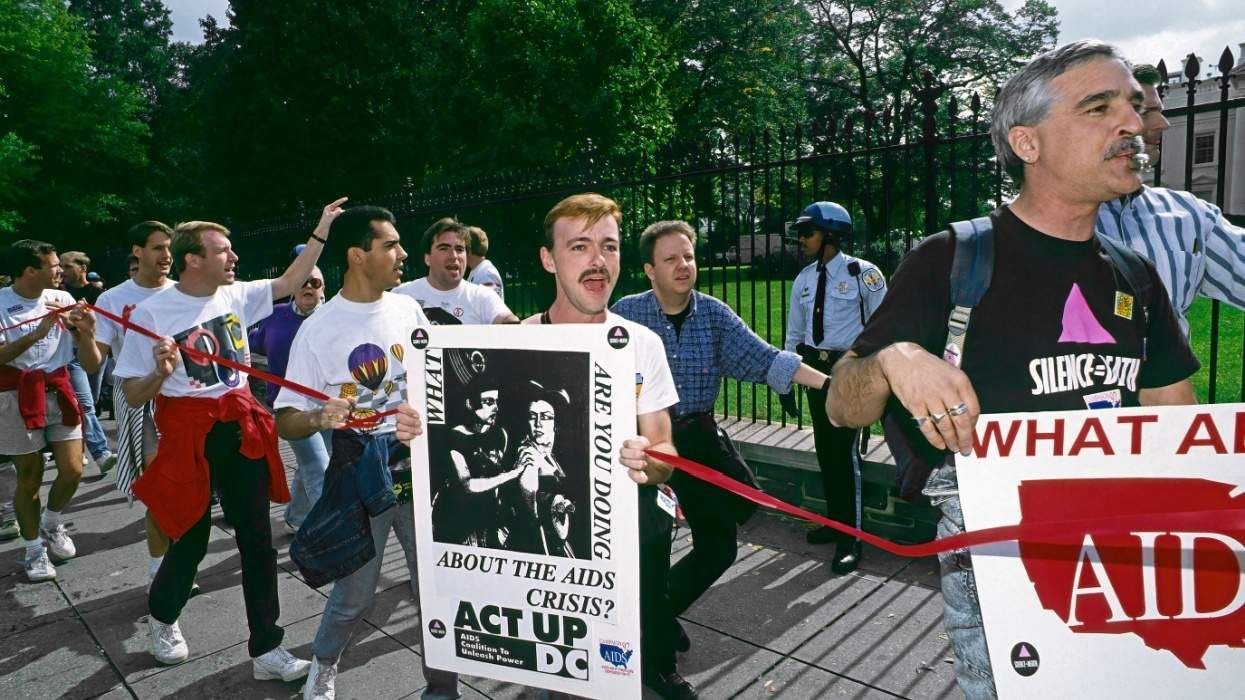

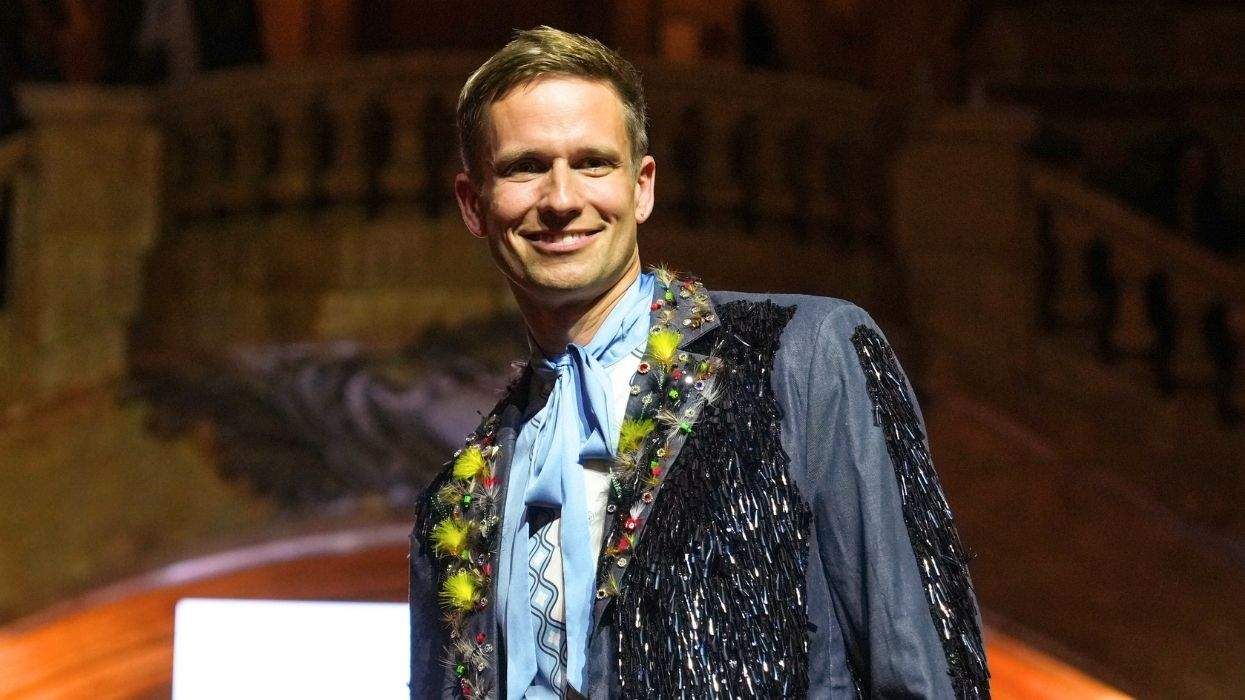
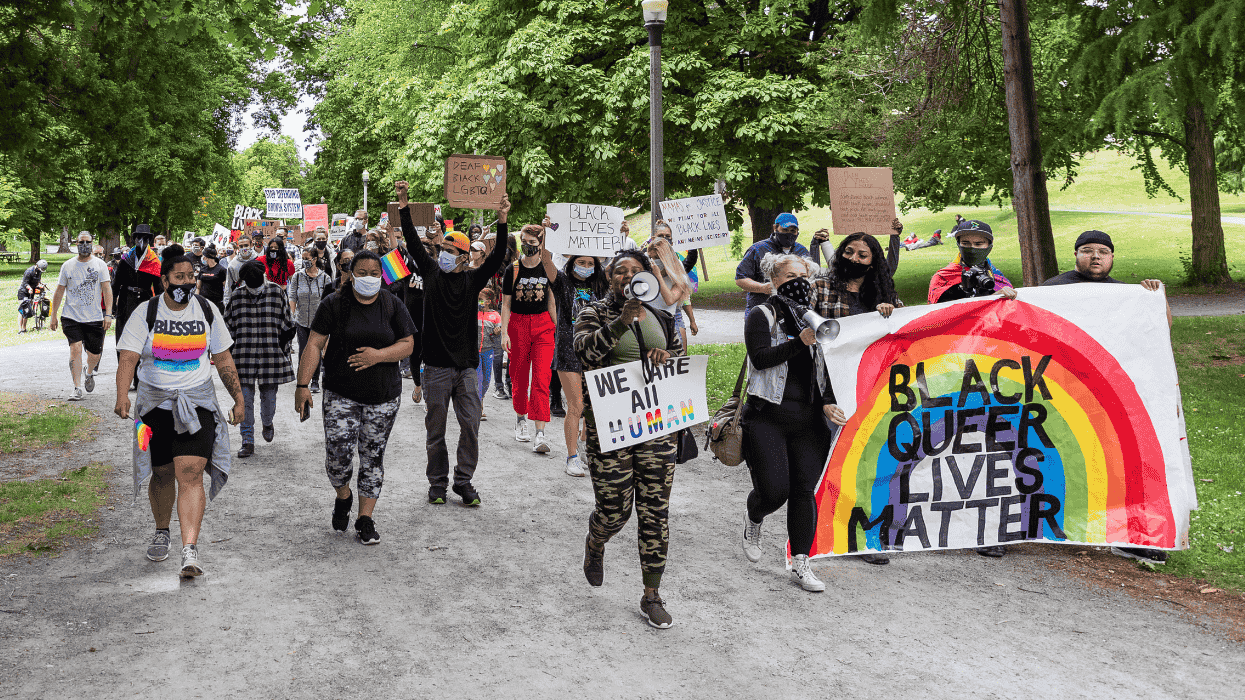
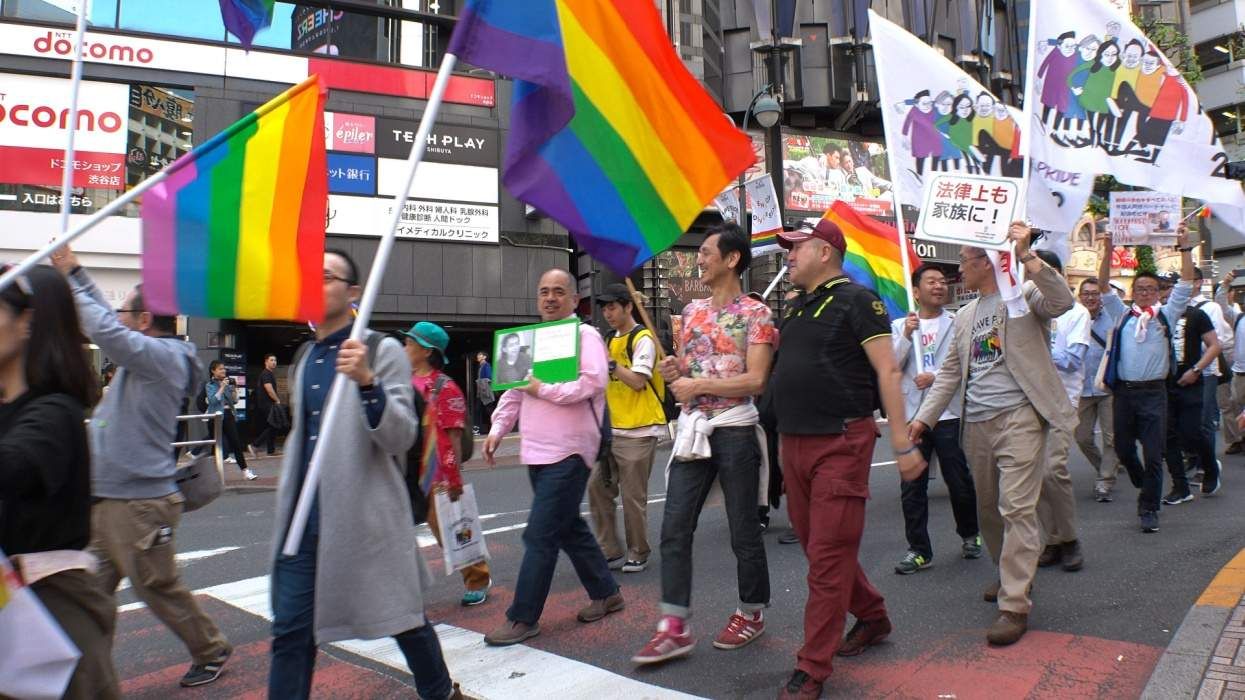
















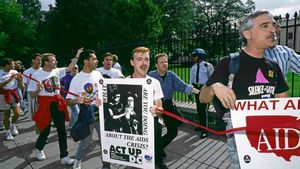

























Charlie Kirk DID say stoning gay people was the 'perfect law' — and these other heinous quotes